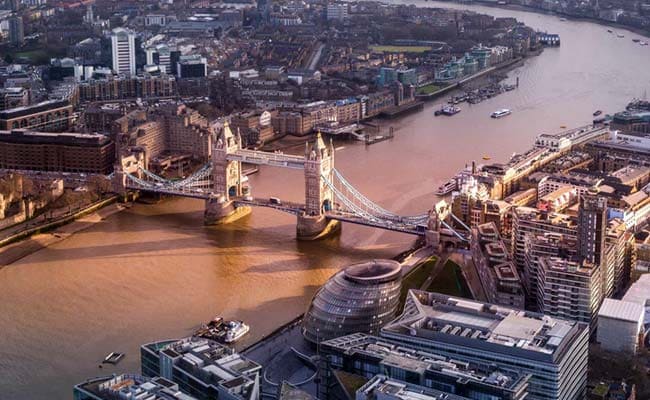
The house in Belgravia, London has 28 bedrooms
An occasional glimpse inside the world of selling really, really expensive homes.
“And the price?” I ask.
We’ve just completed a tour of a house on the premier square in Belgravia, home to ambassadorial residences and the like. Decorated by Peter Marino from top to toe (normally he’ll only do a few signature rooms), it’s spectacular in its grandeur, with every amenity one can think of. Parking for six cars, twenty-eight bedrooms, a first-floor master suite overlooking this most majestic of squares.
I’ve never been inside Buckingham Palace, but I can believe it would look shoddy by comparison.
“It’s 30,000 square feet, it has everything,” is the response from the charming broker as her Azzedine Alaia dress swishes us into the “gentleman’s library”.
“So, that makes it how much?” I continue gingerly.
“Well, if you think about it, the house across the square has just sold for 88 million pounds ($111 million), it’s half the size and needs gutting. A three-year project.”
There’s a pause as I wait for her answer.
“You could move into this house tomorrow,” she concludes.
I reason that perhaps they are going for the sales spin that this is the property version of the Mona Lisa, simply impossible to value, such is the magnificence of it.
“I’m guessing then the mid 100s, in terms of pricing?” I venture.
“Maybe high 100s. It’s so hard to price, isn’t it?”
“Yes,” is all I can say in agreement. In terms of comparables, there’s Sloane House, next door to the Chelsea Arts Club, for sale at 170 million pounds. It boasts a squash court and a massive leisure complex, but doesn’t really have any grand rooms. Risible as that seems, if you’re spending that much money, you want it all.
There are other nine-figure price tags on the market: new-build penthouses scattered across London, from Chelsea (the Glebe) to Belgravia (the Peninsula) to Mayfair (Grosvenor Square).
I go through my mental rolodex of who might want or need such a house or flat. I’m asking myself the wrong question, of course, as no one needs such a property. And whoever does buy one has to be a billionaire. I’ll cross-reference with the agent which billionaires we may have access to and proceed accordingly.
As I’m bicycling back to my office, I think of the recent interest-rate rise and the cost-of-living crisis, and my mind boggles. The inequality of what I’ve just seen and the reality for millions in this country is hard to get one’s head around. And what does it do for society overall?
How large do the fortunes have to be for the trickle down to have an impact? Or is the trickle down a myth that allows tax breaks for non-doms in the name of attracting the wealthy to urban centres? It’s certainly the reason often quoted for Dubai’s property boom – the favourable tax regime.
The story is the same wherever the wealthy congregate to avoid paying tax – Monaco, the Bahamas, parts of Switzerland. The Americans have got it right: if you’re a US citizen, you pay tax wherever you are. Simple as that. And, as such, it seems Americans are far more accepting than other nationalities that tax is one of life’s certainties – along with birth and death, of course.
I put such thoughts aside as some dear and generous friends are hosting a book launch for me in their garden and have invited a small coterie who know about my side project.
I’m officially anonymous as an author, and in fact I’ve done such a good job at staying that way that several people ask if what I’ve written is a self-help book.
Because of the title: “Highly Desirable”.
I reply that I wouldn’t have a clue about how to become that, I wish I did. But the shenanigans and intrigues of the super-prime property market are what the book is about. The good, the bad and the ugly.
The evening is a very happy one, and for one night all thoughts of nine-figure properties are on the back-burner.
Perhaps that’s where they should always be.
The Secret Agent has run his own estate agency in central London for over 15 years. He and his team of four work in sales and acquisition in the super prime price range.